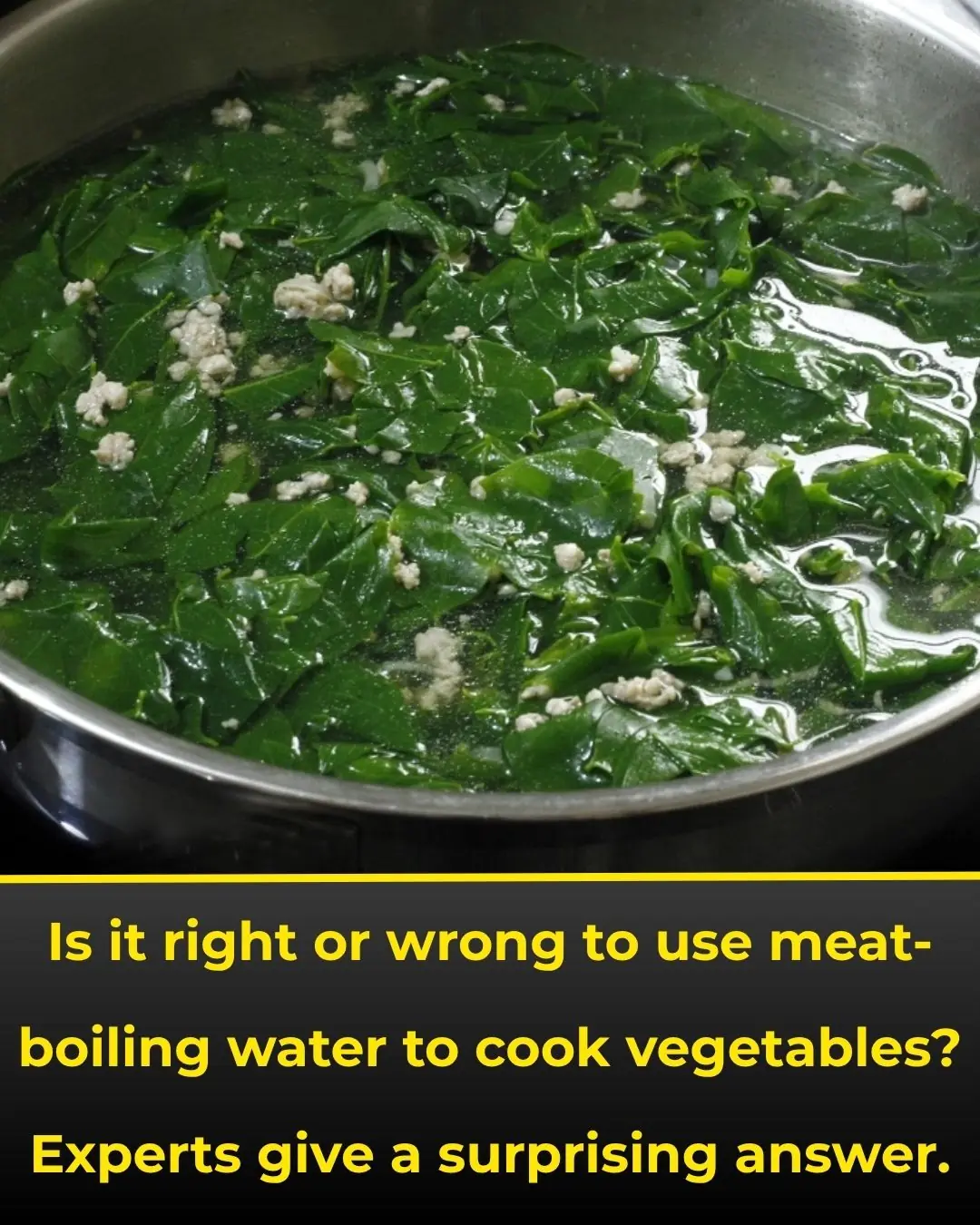
Don’t Be Superstitious—but Be Smart: 5 Things You Should Never Pick Up from the Street
It’s not about superstition, and it’s not a scare tactic. There are five types of objects lying on the ground that may tempt you—“free loot” so to speak—but in fact, they can bring trouble. One moment of alertness might protect you from a week of complications.
Everyone has had that moment: you walk by and notice something on the sidewalk—maybe a shiny coin, a cute key chain, or an item that looks almost new—and you think, “Why not pick it up?” The impulse is so natural. But experience and expert advice remind us: not all lost things are worth picking up. And the reasons have less to do with old superstitions and more to do with real risks—safety, hygiene, legal implications, even psychological discomfort. Below are five categories of items you should immediately leave in place.
1. Religious Or Ritual Items That Are Damaged
Small statues, hanging amulets, rosaries, crosses—any religious or ritual item you find lying on the street should not be brought home. This isn’t about ghost stories or bad luck. It’s about respecting belief systems.
Such items are often discarded because they’re broken, perhaps the family encountered a misfortune, or they used the items in a disposal ritual. If you bring such an object home and place it casually, you may feel uneasy or unsettled. The real issue is psychological or emotional: the object is imbued with someone’s faith, not just trash. If you’re in doubt, make a note of where it is and report it to the nearby religious institution.
“These items often carry emotional and spiritual value for someone else; mishandling them can lead to unnecessary distress,” a community faith leader noted in The Guardian coverage on urban discarded ritual objects.
2. Food, Snacks, or Medications of Unknown Origin
It may seem obvious, but people still get harmed by eating or using found food or pills every year. Food with no labeling, beyond its “use-by” date, in dirty conditions—or random pills—should never be picked up for use.
With food, you have hidden bacteria, potential toxins, or contamination. With pills, you risk incorrect dosage, wrong medication, or even poisoning. Law experts note that found items like this can even cause legal complications if someone is harmed.
“Picking up money (or items) that aren’t yours can legally be deemed theft,” warns senior lawyer Gerard Filitti. WECB+1
In short: if you don’t know where it came from, treat it like it doesn’t exist—better safe than sorry.
3. Used Clothing, Shoes or Footwear
It might look like a bargain: a coat assumed to be new, a nice pair of shoes or a cute bag. But the item has been outside, exposed to dust, bacteria, mould, possibly mites or skin-disease pathogens.
Even washing doesn’t guarantee full safety—and psychologically, wearing someone else’s garment might feel off. Many people report a subtle discomfort or unease. So the rule of thumb: if it touches your skin from a found source, just don’t.
As one health-safety article pointed out: no matter how clean you try to make it, “you cannot undo all past exposures.”
4. Jewelry, Wallets, Cash or High-Value Items
A wallet, a significant sum of money, a ring or chain—when you see these lying around, the first reaction might be excitement. But this is a legal minefield.
-
Items could be part of a theft, an investigation, or simply lost by someone still looking.
-
Cases exist where a person picked up a small amount of cash and was later charged or suspected of theft. aol.com+1
The correct action: log where you found it, report it to the police or relevant authority, leave it where it is or hand it in. The short-term “gain” is not worth a potential legal headache.
“If you find property or cash worth more than a certain threshold and fail to report it, you may become liable to the county for its value.” Yahoo
Better to walk away than deal with regret.
5. Toys, Dolls or Children’s Items
A toy looks inviting, especially if you have children yourself. But toys found on the street often have unseen damage: broken pieces, sharp edges, choking hazards, dirt, or molds.
Beyond physical risk, psychological impact matters: children may attach emotional significance to an item without understanding its past. This can lead to anxiety or fear later.
When it comes to children’s items, only trusted sources (family, friends) are safe. A stray toy on the street? Leave it—its story isn’t worth the risk.
Why “Don’t Pick Up” Is Often the Wise Choice
There are four major risk categories to keep in mind: safety – hygiene – legal – psychological.
An object lying on the street could be dirty or damaged; it could belong to someone; it could be evidence; it could carry emotional or cultural weight.
We might be told: If you find something, turn it in. This isn’t old-fashioned—it’s common-sense. Choosing not to pick up could save you time, anxious thoughts, and unforeseen trouble.
If you’re unsure about an item, ask yourself:
-
Why is it here and not with someone else?
-
Why hasn’t the owner retrieved it?
-
Will I genuinely benefit from it, or just satisfy a curiosity?
If one of these questions raises a red flag, it’s better to walk on.
The law of “lost and found” gives precedence to rightful owners and occupiers of land: “taking an unattended object without checking whether it is genuinely abandoned may amount to theft by finding.” Wikipedia+1
Being cautious isn’t cowardice—it’s wisdom.
Final Thought
Humans are naturally curious and like the idea of “finding” something. That’s not bad in itself—but growing up also means knowing when not to grab something. People who live with calm awareness often follow a simple rule: “Know what to pick up—know what to leave.”
And sometimes, peace is more valuable than a found trinket. The next time you spot something on the sidewalk, remember: sometimes the best action is kept walking.
News in the same category


Netflix star issues message to MrBeast after claims YouTube star is opening his own bank

Remembering Lee Elder, A Trailblazer Who Broke Barriers In Golf

‘Towanda Was Right’: Tamar Braxton Lands In the Hot Seat After Cozy Onstage Moment with Toni Braxton’s Husband Birdman

Grow Luffa Vines Full of Fruit Instead of Just Leaves — Use This Simple Trick!

Traditional Doctor Reveals: The Pig’s Tail — A Natural “Power Booster” for Men’s Vitality and Women’s Beauty

20-year-old Young Man Suddenly Suffers Acute Kidney Failure After Eating Oysters: Doctor Reveals the “Hidden” Cause

The Medicinal Benefits of Goosegrass (Eleusine indica) in Traditional and Modern Medicine

Chilling Reality: The Coffee-Drinking Habit That May Have You Ingesting 1,000+ Microplastic Particles Every Time

Natural Drinks That Cleanse and Support Kidney Health

4 Plants That Attract Snakes — Remove Them Immediately to Stay Safe

Detroit Teen Suspended For Cutting Hair At School Receives Apprenticeship From City’s Top Barber

Paul Tazewell Makes History as First Black Man to Win Oscar for Best Costume Design

This 9-Year-Old Saved Her Family After Her Parents Passed Out When Carbon Monoxide Filled Their Home

Meet The Founder Of Black Girls Golf, An Organization Looking To Make The Game More Inclusive

11-Year-Old Starts Candle Business To Save Tuition For His Dream School – Howard University

People left 'speechless' after noticing new addition to the White House website

Is It Safe to Use Meat Broth for Cooking Vegetables? Nutrition Experts Give a Surprising Answer

8 Plants Snakes Hate: Grow These Around Your Home to Keep Them Away Naturally
News Post

8 reasons why adding baking soda to your toilet tank is a must-do trick

My nana taught me this hack to dust ceiling fans in 3 mins with 0 work. Here’s how it works

My nana taught me this hack to lift carpet stains in 2 mins with 0 work. Here’s how it works

YouTubers spend $10,000 unboxing three jet boats from Temu and are in shock at what's delivered

Netflix star issues message to MrBeast after claims YouTube star is opening his own bank

Remembering Lee Elder, A Trailblazer Who Broke Barriers In Golf

‘Towanda Was Right’: Tamar Braxton Lands In the Hot Seat After Cozy Onstage Moment with Toni Braxton’s Husband Birdman

The Elephant That Never Forgot.

The Man Who Never Stopped Living.

The Cry in the Cane Field: A Mother Leopard’s Reunion.

The Diver Who Never Came Back: The Story of Saman Kunan.

The Girl Who Refused to Give Up: Yulia’s Story of Survival and Courage.

Camille’s Fight: The Girl Who Named Her Tumor and Found Her Courage.

A Dance for Daddy: The Soldier Who Stepped In When a Little Girl Needed Him Most.

The Man Who Gave a Turtle Its Freedom Back.

To the Ones Who Show Up: A Mother’s Letter to the Teachers Who Stand Between Our Children and the World.

The Whale Behind Them: A Once-in-a-Lifetime Encounter at San Ignacio Lagoon.

Red Onion for Hair Growth: How This Overlooked Natural Remedy Can Stop Hair Fall and Boost Thickness Fast

3 ways to prevent snakes from entering the house, everyone needs to know to protect their family
